Home »
All Resources »
Green Gown Awards 2020 - Nalinee Netithammakorn, De Montfort University - Winner
There is an increasing demanding for sustainable coloration processes which are an alternative to conventional textile processes in order to reduce the impact of textile production on the environment. This is due to the substantial amounts of harsh chemicals, water, and energy which are used in conventional textile wet processing, resulting in wastewater pollution in waterways and increased carbon emissions.
My passion to improve sustainability in textile production arose through my determination in my research to develop innovative textile biotechnology to create sustainable alternatives. My project has developed a novel sustainable enzyme-catalysed in-situ coloration process for textiles, whereby biodegradable enzymes derived from fungi and a colourless precursor are used to colour textiles at a low temperature at 30°C for one hour rather than requiring a near-boiling typified by conventional textile dyeing process.
This innovative textile dyeing drives ethical processes to reduce the use of synthetic dyestuffs and the discharge of harmful chemical contained effluent, and significantly reduce CO2 emissions. This novel eco-dyeing process cannot only contribute to demonstrate the benefit on the reduction of water, energy consumption, and reduced carbon emission but also demonstrate the potential innovation and sustainability to textile dyers or designers in the circular textile processing with this eco-textile dyeing solution.
Top 3 learnings:
- Communicate, share the ideas and intentions, and move forward with enjoyment.
- Be responsible and do what has to be done to satisfy the goal.
- Every challenge is the opportunity to become more than we have been before.
Videos





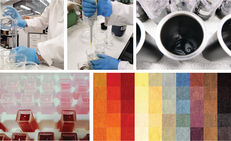
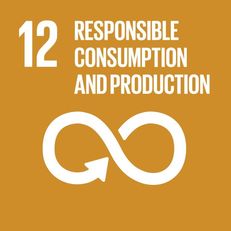
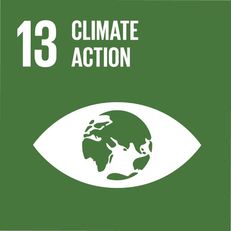
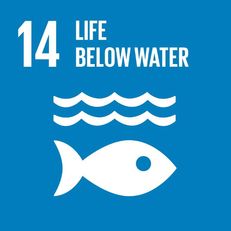
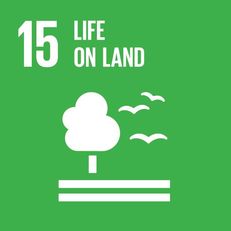

 Except where otherwise stated, content on this site is
licensed under a Creative Commons Attribution 3.0 License.
Except where otherwise stated, content on this site is
licensed under a Creative Commons Attribution 3.0 License.
